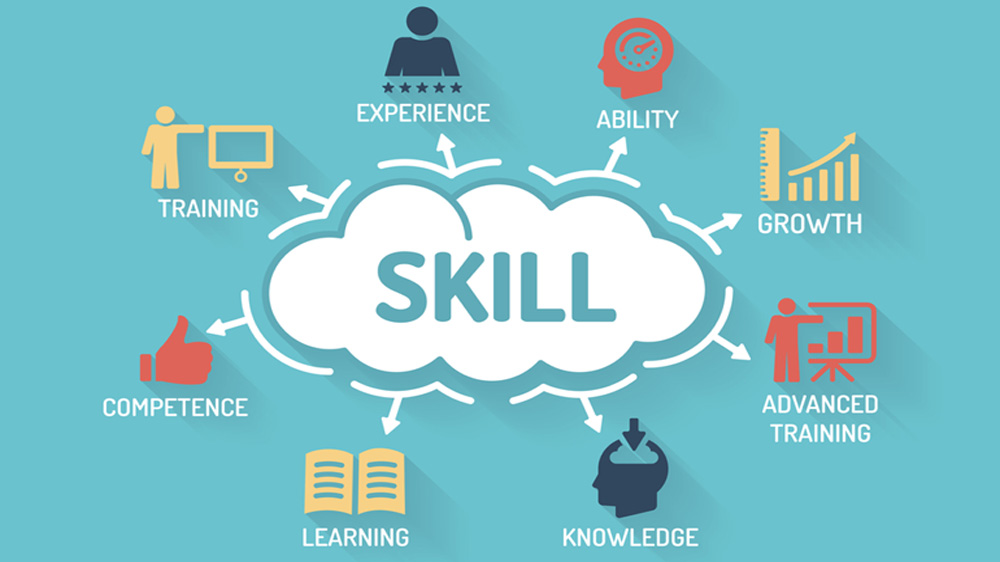Employee learning and development a growth market in India


Digitisation is disrupting the status quo at an unprecedented pace in every industry. If one looks at what is happening with Transportation (on-demand, electric, driver-less), Commerce (online, on-demand, personalised), Healthcare (AI assisted diagnosis), etc – it is dismantling existing business structures, and bringing in new innovators.
Large economies like the US have always stayed ahead of such disruptive cycles in business and technology, by sustained investments in research, innovation and human capital. On the human capital front, as per industry reports, US companies on an average budget 8-10 per cent of their total employee spend on training, with a total annual outlay of over $100 billion. This is also a market that has been growing at 15 per cent year-on-year since 2012.
India on the other hand, is currently a much smaller economy at about a tenth of the US. However, the corporate learning & development (L&D) market is disproportionately small in comparison, with estimated spends of only 1-2 per cent of employee costs and a total outlay of less than $1 billion. So what ails this industry in India?
Reasons for slow growth
- a)Low or missing L&D budgets
Indian organisations have traditionally seen low investments in longer-term initiatives like R&D – and employee training is no exception. This is further complicated by high employee turnover (of about 15-20 per cent across industry), which leads to a perceived loss of the investment incurred by the employer.
- b)Generalist career paths
Employees in India tend to move towards generalist ‘managerial’ roles fairly quickly - as compared to ‘specialist’ mindsets in US etc, where professionals plan long stints to hone specialized skills.
- c)More focus on employability-level skilling
Given the inadequacies in India’s current education system that does not adequately provide for vocational and employment-ready skills, a significant portion of organisational training budgets, even at leading IT services companies, goes towards entry-level skill building. The leading IT companies have significant budget outlays for training thousands of fresh recruits for 3-6 months every year.
Even the government’s skilling initiatives are mostly focused on imparting employability-related skills for millions of working-age youth. There is an ambitious initiative underway to impart job-skills to 500 million people by 2022 under the Skill India Mission.
The opportunities ahead
According to the IMF, India is projected to become the 6th largest global economy by 2020 and the 3rd largest (behind China and the US) by 2030. To put this in perspective - currently India is home to only 7 companies in the Global Fortune 500, compared to 128 based in the US and 98 in China! So the next 10-15 yearswill see over 100 Indian companies in the Global Fortune 500 list!
Such phenomenal growth is unlikely to happen by focusing on employability-level skilling alone – rather, Indian companies will have to lead from the front, develop high-end expertise and set global benchmarks. What this naturally entails is that significant investments will be made in long-term initiatives including R&D-led innovation and organisational capability-building via training. Such investments will grow to far higher levels than at present, rivaling the spending by today’s leading economies like the US. For employees, there will be a much stronger focus on higher-end skillsand specialised career paths.
The lower end of this spending is likely to be on self-paced technology-driven and cost-effective solutions - while at the high-end, solutions that involve global expertise tailored to an Indian context will be seen. All this points to a huge corporate learning & development market in the making in India!
About the author

Subrata Ghosh is the CEO of Redstone Learning, a leading global Ed-tech company. It provides Online and On-demand Learning solutions for organisations and professionals - focused on business functions like Regulatory Compliance, Strategy and Operations, HR, Project and IT/Quality Management.
Redstone currently has over 300 empaneled experts across the globe. Professionals from companies including some of the world’s largest research organisations, the world’s largest payments platforms and the world’s largest pharma companies, among others, leverage Redstone Learning to keep themselves ahead of the curve.











